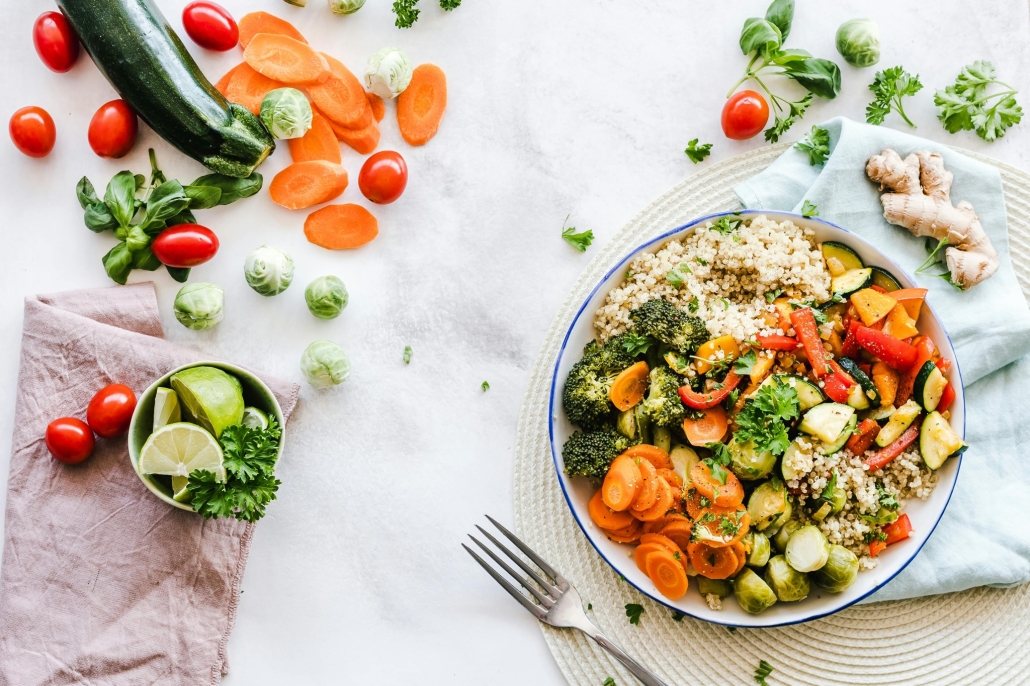Save Money and Cut Food Waste in 6 Simple Steps
Food waste harms the climate but also wastes your money. With a few changes in your daily habits, you can make a difference and see your bank account grow.
Food Waste: A Global Issue
Food waste is a global problem. When food rots in landfills, it releases methane, a potent greenhouse gas that contributes to climate change. Researchers estimate that 8-10% of the world’s greenhouse gas emissions come from food waste alone.
Small Changes Can Make a Big Impact
Each year, an astonishing 1.3 billion tons of food is thrown away globally—that’s roughly one-third of all food produced. While tackling food waste on a global scale may seem overwhelming, you can start with your own. It’s easier than you think, and the best part is that reducing food waste also saves you money. More food on your plate means less in the trash—and more in your pocket.
Tip: Check your fridge before deciding on your menu.

Use Seasonal Ingredients, Minimize Meat, and Buy Local
By choosing seasonal, locally-produced ingredients, you’re already reducing the carbon footprint of your meals. Studies show that cutting down on meat and dairy can save up to one ton of CO₂ annually. Local and seasonal foods often travel shorter distances, reducing emissions further.
Six Simple Tips to Reduce Food Waste
- Check Your Fridge: Take stock of what you already have before shopping. This reduces the risk of buying duplicates.
- Use Meal Plans: Plan your meals for the week and only buy what you need. Be sure to include leftovers in your plan.
- Utilize Your Freezer: Freeze leftovers to extend their shelf life and prevent them from going to waste.
- Understand Labels: “Best before” indicates quality, while “use by” refers to safety. Food is often safe to eat after the “best before” date if it still looks and smells fresh.
- Portion Control: Cook only what you need. If you have leftovers, save them for another day.
- Label and Date Leftovers: Keep your freezer and fridge organized to track what you have and when it needs to be used.
By following these simple tips, you can easily reduce your food waste and contribute to a healthier planet. Small changes can make a big difference in the fight against food waste.



